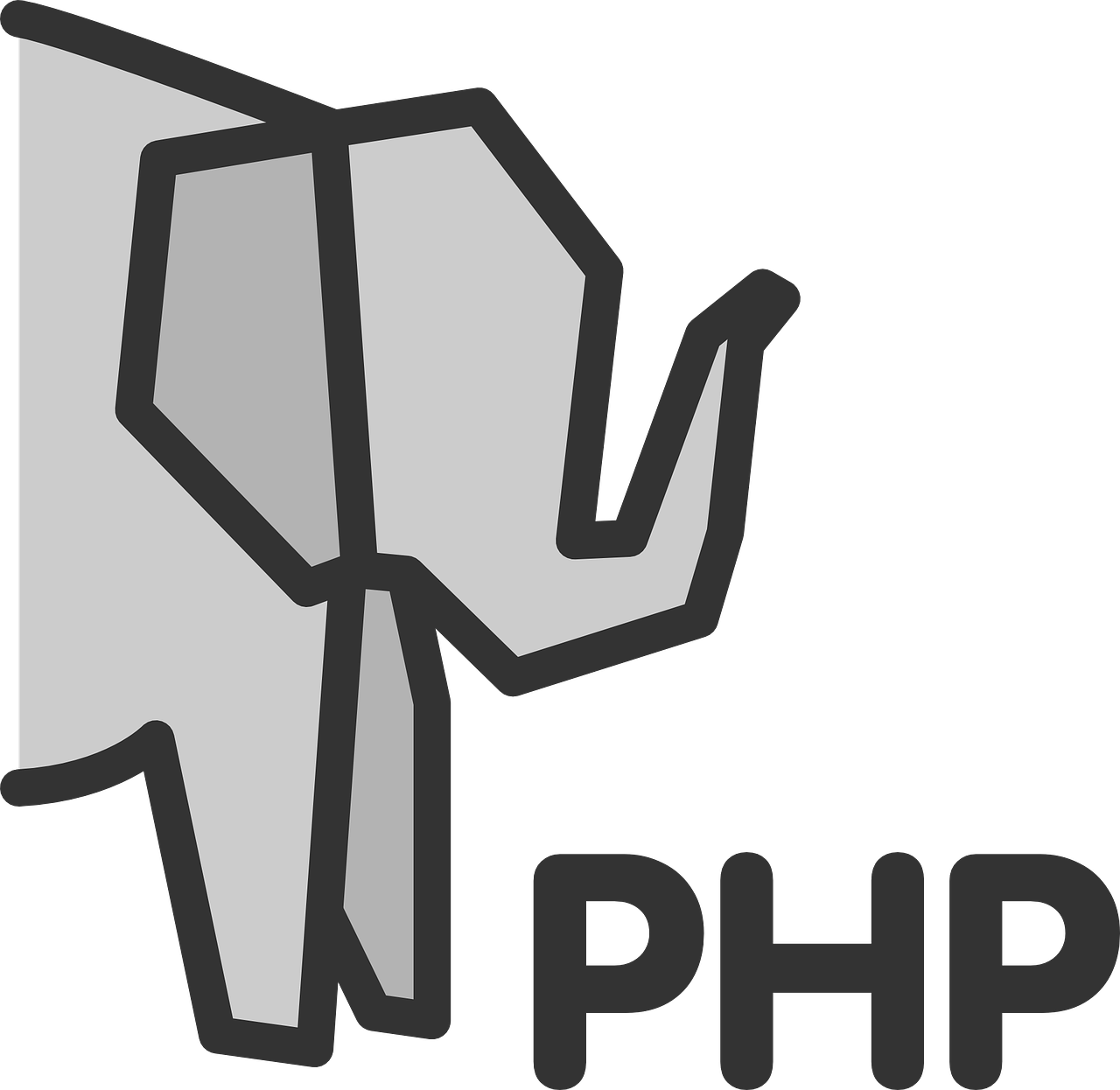
Here are some of the most common and used PHP extensions:
- BCMath: Provides functions for performing arithmetic operations with large integers and non-integer numbers, which can be useful for calculations involving currencies, scientific data, and other applications.
- Ctype: Provides functions for character and string manipulation, including checking for valid characters, encoding and decoding, and converting between different character encodings.
- cURL: Provides functions for making HTTP requests to remote servers, which is useful for web scraping, API calls, and other applications that require accessing data from external sources.
- DOM: Provides functions for parsing and manipulating XML documents, which is useful for working with XML data, such as processing and validating XML files.
- Fileinfo: Provides functions for determining the type of a file based on its contents, which is useful for identifying files and associated applications.
- GD: Provides functions for creating and manipulating images, which is useful for generating images from data, editing images, and displaying images on websites.
- Imagick: Provides a more powerful and feature-rich set of functions for working with images than GD, including advanced image manipulation and processing capabilities.
- JSON: Provides functions for encoding and decoding JSON data, which is a common data format used for exchanging data between web applications and servers.
- Mbstring: Provides functions for working with multibyte strings, which are strings that can contain characters from multiple character sets. This is useful for handling languages with complex scripts, such as Chinese, Japanese, and Arabic.
- OpenSSL: Provides functions for working with cryptographic operations, such as encryption, decryption, and hashing. This is useful for securing web applications and protecting sensitive data.
- PDO: Provides a database abstraction layer for working with various types of databases, such as MySQL, PostgreSQL, and Oracle. This makes it easier to switch between different databases without having to rewrite database-specific code.
- Tokenizer: Provides functions for breaking down text into tokens, which are individual words or characters. This can be useful for text processing tasks, such as search and indexing.
- XML: Provides functions for creating and manipulating XML documents, which is similar to the Fileinfo extension but provides more advanced features for XML processing.
- Zip: Provides functions for creating and extracting ZIP archives, which are commonly used for compressing and packaging files.
- Redis: Provides functions for connecting to and working with Redis, a popular in-memory data store. This can be used for caching data, storing session information, and performing other data-intensive tasks.
These extensions cover a wide range of common functionalities required for developing web applications in PHP. Depending on the specific needs of your application, you may need to install additional extensions.



Leave a Reply
Your email address will not be published. Required fields are marked *